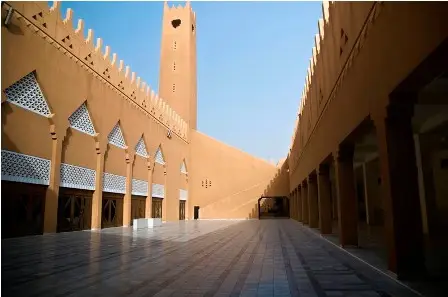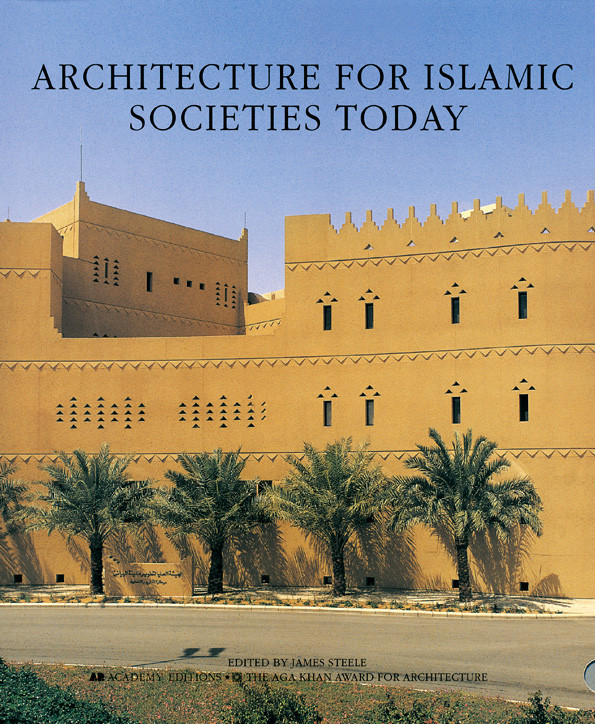

Presentation of the projects selected in the fourth cycle of the Aga Khan Award for Architecture, all described in detail, examining not only development and design, construction methods and technology, but also the historical background of the site. The visionary philosophy behind the awards has been to seek to encourage architects, builders, clients and users to learn and add to Muslim heritage and to reflect on the continuous relevance of the contemporary expressions of “Islam” as a religion, culture and civilisation. Architecture for Islamic Societies Today is the fourth in a series of books under the general title “Building in the Islamic World Today”.
I agree to the terms outlined below:
You agree to upload and assign Mosqpedia Database the rights to use the content worldwide and in perpetuity across all current and future media platforms. Mosqpedia Database may edit, copy, adapt and translate your contribution.
The content will be distributed under the Creative Commons Attribution-Deed – Attribution-NonCommercial-NoDerivatives 4.0 International – Creative Commons
All data will be stored in line with data protection regulations.